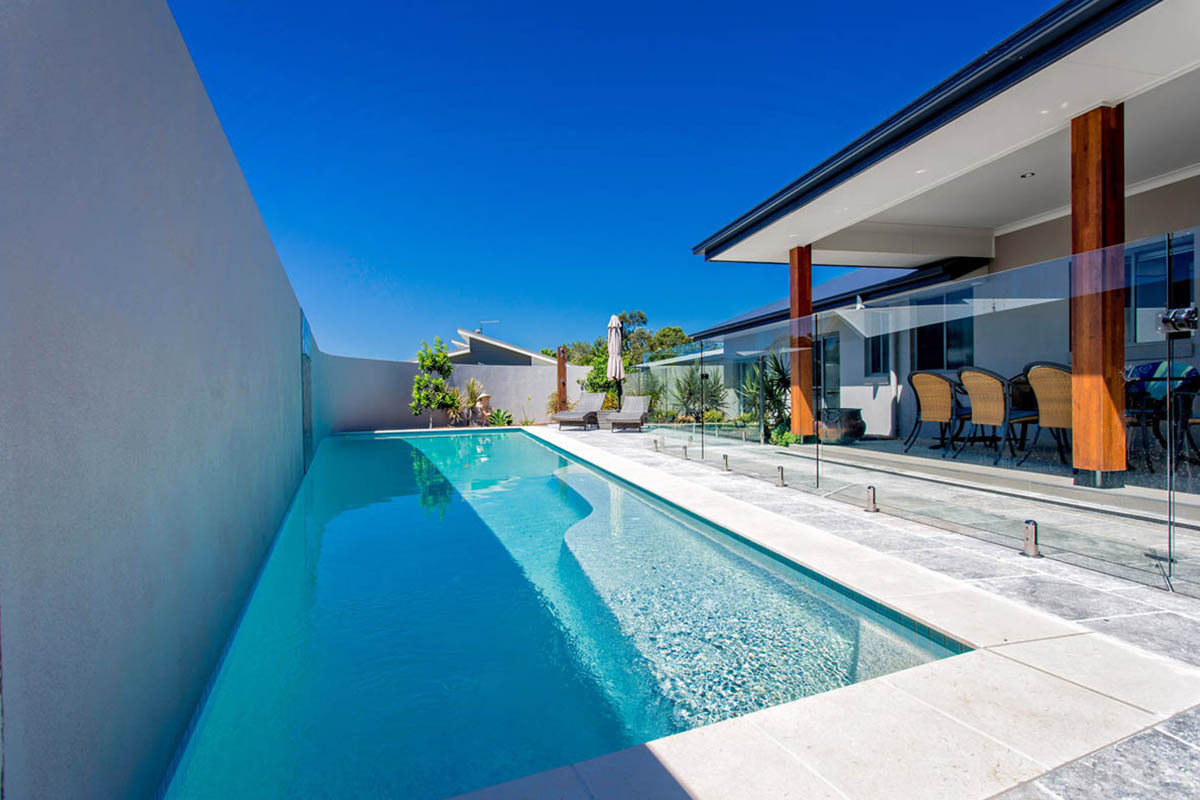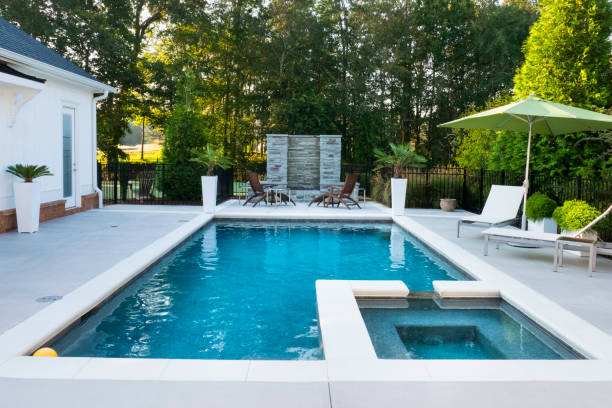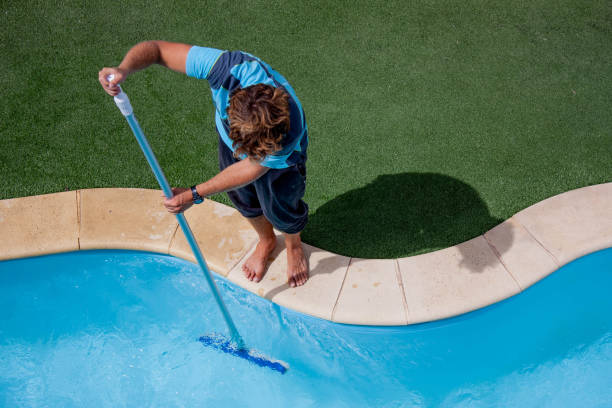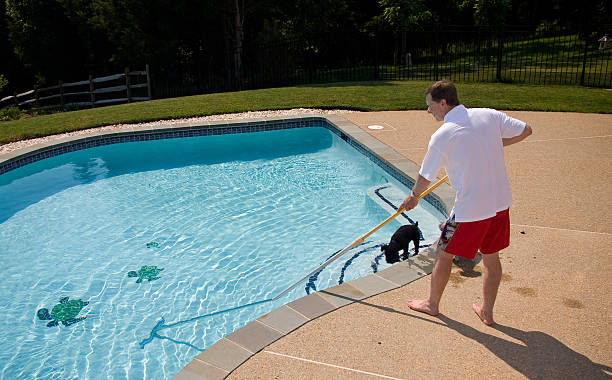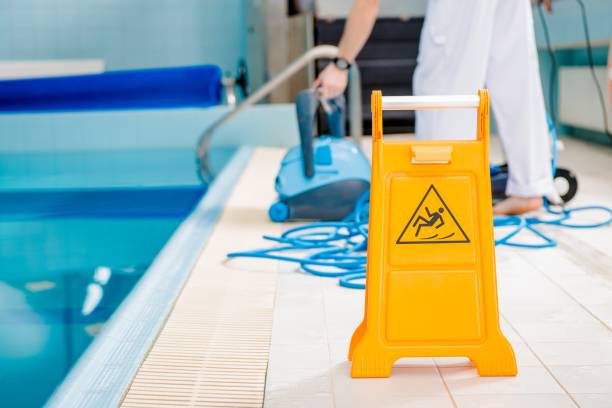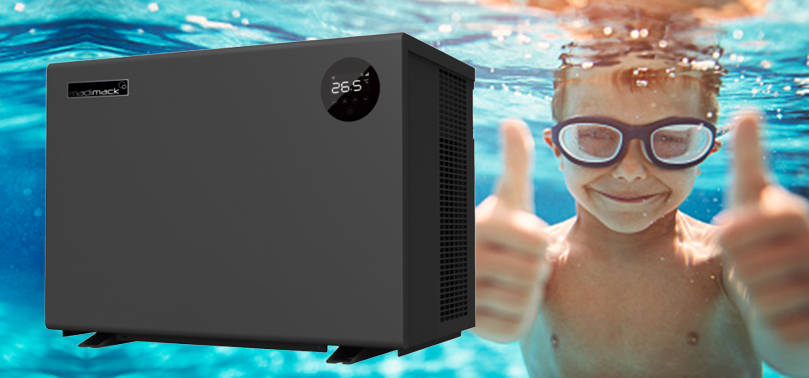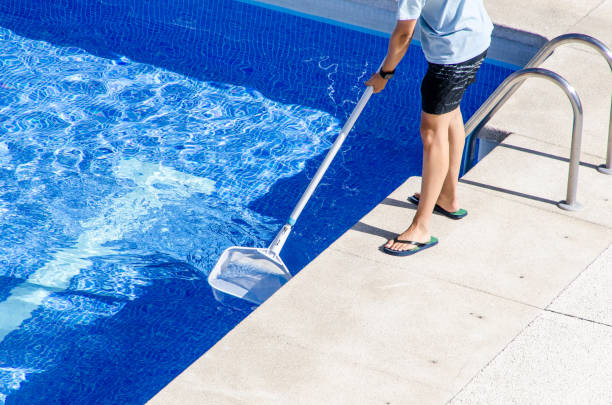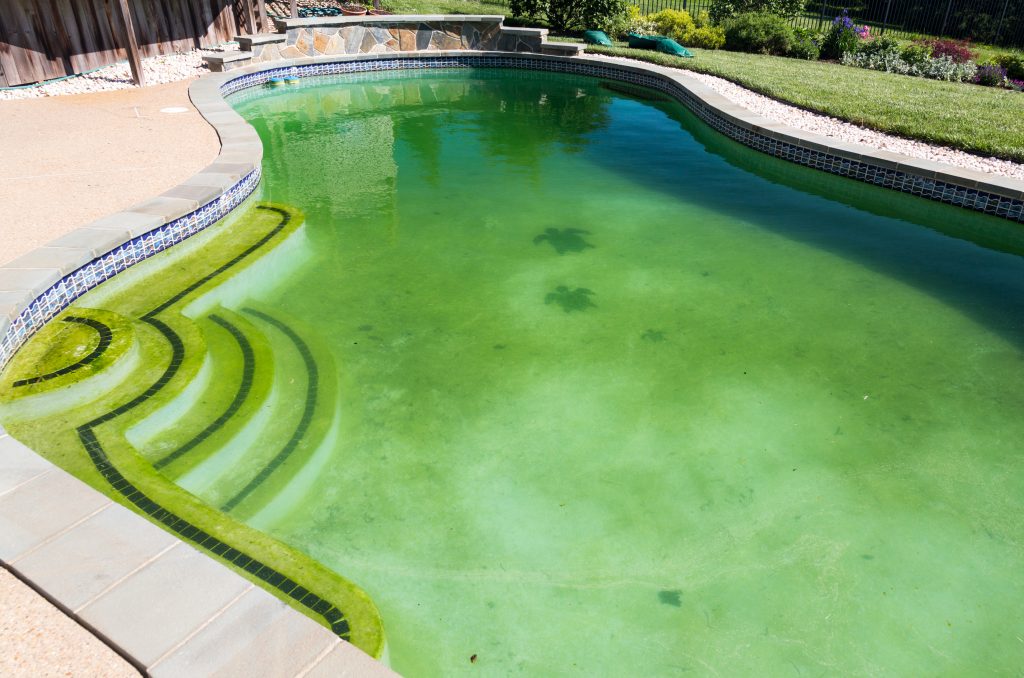Are you considering buying a heat pump pool heater but aren't sure how it works? Perhaps you want to extend your swimming season to include the Spring and Autumn months?
A pool heat pump can definitely make a difference to your water temperature, and the savings you make running a heat pump vs. a traditional pool heater will pay off in the long run, even if the initial outlay cost might seem a bit high. Keep reading as we answer your question, "how does a heat pump pool heater work?".
How Does a Heat Pump Pool Heater Work?
Unlike conventional pool heaters, a pool heat pump doesn't produce its own heat. Instead, it draws heat in from the surrounding environment and extracts the heat from the air, transferring it to your pool, resulting in warmer pool temperatures. So, how does a swimming pool heat pump work?
The beginning phase draws in air, heated by the sun, via fans. The heat pump then circulates the air through an evaporator coil. Inside this coil, there is a liquid refrigerant that turns into gas when heated.
The gas is then drawn through a compressor which intensifies the heat. The temperature of the gas can reach up to 93C as the gas is concentrated.
Conversely, the cold water gets pumped into the heat pump tank, where it meets the condenser coil. The heat is then transferred to the water and pumped back into the pool, boosting the temperature by a few degrees.
The gas returns to its liquid state as it's cycled back into the coil and the whole sequence begins again. Heat pumps are a great way to efficiently heat your pool as they use fewer resources to generate heat, so they're a more energy-efficient way to heat your swimming pool.
So, in a nutshell, the steps are:
- The pool heat pump collects water from the filter pump
- The fan pulls in warm air from the surrounding environment
- Evaporator coil extricates heat from the air
- Extricated heat warms the coil's cold refrigerant into a warm gas
- The compressor pressurizes warm gas into a hot gas
- Hot gas progresses through the inner tubes of the heat exchanger
- Pool water flows through the heat exchanger and warms up
- Hot gas cools down into a liquid as it exits the heat exchanger
- Cooled liquid refrigerant moves through an expansion valve, chilling down more
- Process begins again
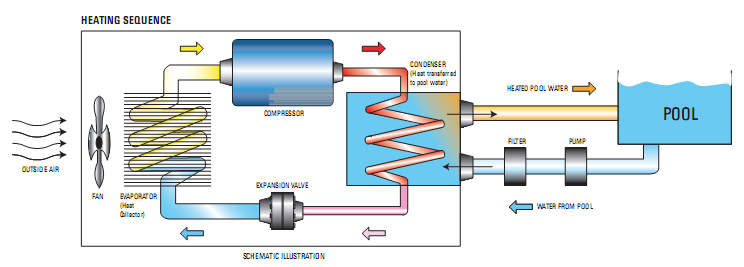
Choosing a Pool Heat Pump
Because one swimming pool heat pump is not always like the other, there are a few things to consider when buying a pool heat pump. We will take a quick look at some here.
Cheap vs. Expensive
Cheap is not always best, and with heat pumps, this could not be more true. If the heat pump you are considering comes at a very low cost, the chances are very high that the manufacturer has sacrificed either quality, features, or possible efficiency.
The most common difference between cheap and more expensive heat pumps is that the cheap ones will be missing an inverter. This will result in less efficient or more expensive running costs.
The benefit of having a heat pump pool heater with an inverter is that it will adjust the pump's output according to the water temperature, allowing it to remain consistent with the temperature you set.
Check COP Rating
The coefficient of performance (COP) is a grade given that describes the effectiveness of heat pumps, air conditioners, and refrigerators.
The COP marks the efficiency of heat transfer analyzed against the conventional form of heating called resistance heating.
You want to look for a higher number as the higher the COP rating, the more energy-efficient the heat pump is, which ultimately lowers your running costs.
Add Solar Energy
Adding solar energy can help with bringing down your running costs even further. When the pool heat pump is used together with solar technology, it uses free energy from the sun during the day.
In addition, heat pumps are compact and perfect for anyone with limited space on the ground or roof and perfect if you have a reasonable-sized solar power system.
Get The Correct Size
Like most technology, a swimming pool heat pump comes in different sizes. Therefore, you'll want to select the correct sized pool heat pump that matches the size of your swimming pool.
You don't want a pool heat pump that is too small to heat a large pool adequately, and you don't want to be spending extra money heating a small pool with an oversized heat pump.
Tips for Pool Heat Pumps
A few tips and tricks can help you get the most out of your investment in a pool heat pump.
- Use a pool cover/blanket at night and during cold weather to retain heat
- Choose a location for your pump where it can get a good flow of air
- Add solar technology to bring your running costs down during sunny weather
- Lower the heating temperature when not in use
- Install a pool cover to retain the heat you get from your pool heat pump
Costs of Running a Pool Heat Pump
Running a pool heat pump is not as costly as you might expect. You can expect to pay between $66 - $200. Compare this with a gas option which you could expect to pay anywhere between $270 and $800 a month.
When looking at it like this, the benefits of monthly savings become clear.
However, there are a few factors that play into how much it costs to heat your pool, which are:
- Pool size
- Heat pump size
- COP rating
- Solar additions
- Location
Get Your Heat On
With all this information at your fingertips, you shouldn't be asking yourself, "how does a heat pump pool heater work?" anymore and hopefully are considering having one installed at home for your pool.
It's an excellent option if you want to extend your pool season to get the maximum benefit of swimming.
If you're looking for Sydney pool heating, then contact us on 0417776151 to begin your journey to year-round pool fun.
From Collaroy to Coogee - we service Sydney's Upper North Shore, Lower North Shore, Northern Beaches, Eastern Suburbs and Inner West.
